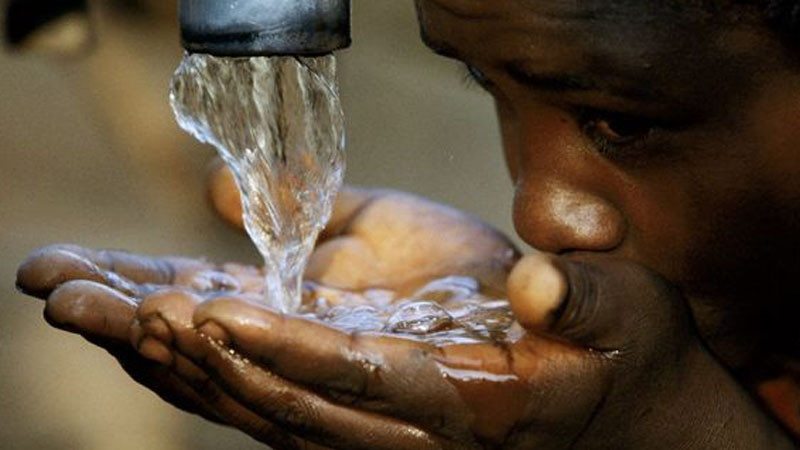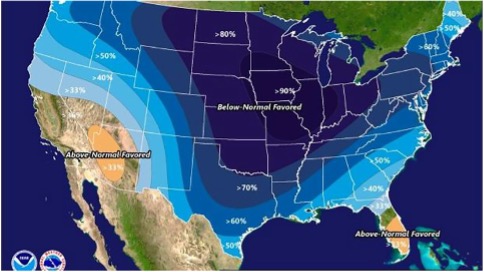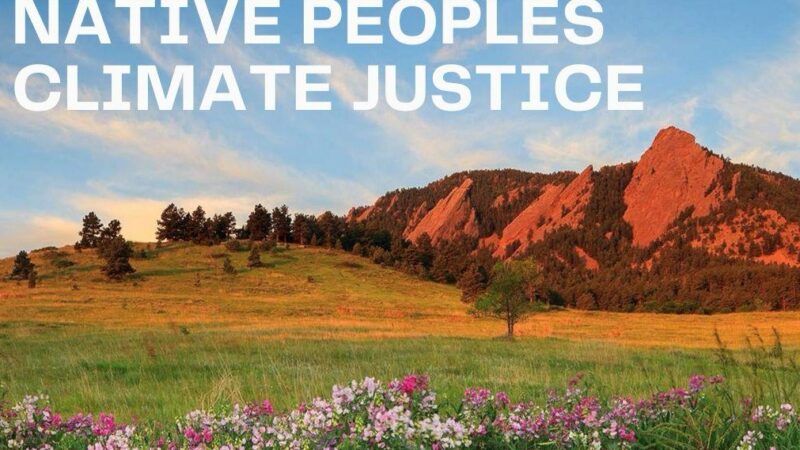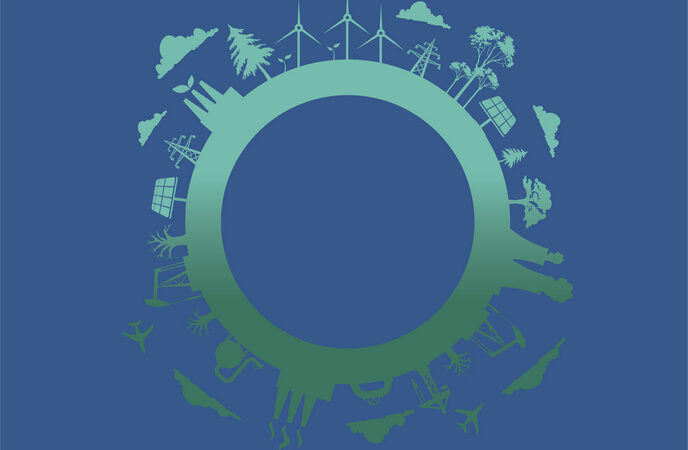PRESS RELEASE
May 26, 2017
The Minister of Cooperative Governance and Traditional Affairs (CoGTA), honourable Des van Rooyen joined UN representative and delegates from other countries at an important world’s foremost gathering on reducing disaster risk and building the resilience of communities and nations, the Global Platform for Disaster Risk Reduction.
South Africa, like many other developing countries, faces increasing levels of disaster risk as it is exposed to a wide range of environmental and climate hazards, especially drought, veld fires, floods and severe thunderstorms that often trigger widespread hardship and devastation. We are currently battling against the effects of the worst drought since 1926. South Africa has however made headway in honouring our commitments on Disaster Risk Reduction since the adoption of the Sendai Framework for Disaster Risk Reduction 2015-2030.
This Global Platform for Disaster Risk Reduction is the main forum at the global level for strategic advice, coordination, partnership development and the review of progress in the implementation of international instruments on disaster risk reduction. It is a biennial forum for information exchange, discussion of latest developments, knowledge and partnership-building across sectors, with the goal of improving implementation of disaster risk reduction through better communication and coordination amongst stakeholders.
The 2017 Global Platform for Disaster Risk Reduction held in Cancun, Mexico from 22 to 27 May 2017, also emphasised the importance of Disaster Risk Reduction (DRR) to reduce the damage caused by natural hazards like earthquakes, floods, droughts and cyclones, through an ethic of prevention and mitigation.
Delivering South Africa’s national statement at the Global Platform for Disaster Risk Reduction, Minister Des van Rooyen indicated that, “South Africa is committed to reducing disaster risks that leads to increased responsibility for strengthening resilience to disasters and for the overall achievement of our service delivery and sustainable development goals”.
This meeting took place within the backdrop of a continuing challenge of climate change risks that continue to wreak havoc with devastating effects, which require us to strengthen our collective resolve and commitment. The climate change phenomenon calls for increased investment and resources in local action for better adaptation. The need to address potential climate change risks has been introduced in our legislation as a specific target for planning and implementation. And as such, all organs of State are required to provide measures and to also give an indication on how they will invest in DRR and climate change adaptation, including ecosystem and community-based adaptation approaches.
In his address, the Minister indicated that South Africa’s efforts in responding to emergencies and disasters are poised to be prompt, well-coordinated and geared to saving lives and restoring the dignity of affected communities. All these efforts and interventions derive inspiration from the philosophy of ‘Ubuntu’ which simply means “I am because you are”. “We are committed to reduce disaster risk in SA that leads to increased responsibility for strengthening resilience to disasters and for the overall achievement of our service delivery and sustainable development goals”, said Minister.
South Africa has incorporated elements of the Sendai Framework for DRR in its legislation with specific reference to women, children and persons with disability to be considered as part of reporting requirements, as well as within disaster management planning processes. The amended legislation also relates to one of the priorities for action, which includes the principle to “Build Back Better” in recovery, rehabilitation and reconstruction efforts.
In deepening the disaster reduction agenda, South Africa annually commemorates the International Day for Disaster Risk Reduction (IDDR) with the international community. In 2015, IDDR was commemorated under the theme “Indigenous people and disasters.” The deliberations in this regard focused on the vulnerabilities of traditional communities and acknowledged that South Africa has a wealth of indigenous knowledge which can be used to reduce disasters and its associated impacts.
South Africa, in recognising the imperative need to overcome more frequent disasters, had to build resilience of its communities, including promoting a culture of risk avoidance with a shared understanding of risk. Programmes in this regard also facilitates integrated planning by involving the private sector and promoting disaster risk reduction (DRR) education and training across all spheres of government.
During the 2016 commemoration, South Africa’s engagement was premised on the fact that reducing disaster mortality is possible in all situations. The event underscored the need to address and quantify disasters, to ensure that we meet the global target of reducing disaster deaths by 2030 through the effective implementation of DRR measures across all sectors of society.
Minister mentioned the Integrated Urban Development Framework (IUDF), as one important intervention meant to assist to foster a shared understanding across Government and society about how best to manage urbanisation and achieve the goals of economic development, job creation and improved living conditions for our communities.
In this context, a key requirement in building urban resilience and ensuring sustainable development, is a close interface and integration of urban governance, climate and risk-sensitive development planning, as well as coherent systems, services and resources.
It is also important to underscore the fact that risk reduction provides opportunities for capital investments through infrastructure upgrades and improvements, building retrofits for energy efficiency and safety, urban renovation and renewal, cleaner energies, and informal settlement upgrading.
The Minister concluded – “that South Africa, in collaboration with the scientific community has made strides in the development of Early Warning and Monitoring Systems for flash floods, veld fires, droughts and severe or adverse weather conditions in case of disasters”.
This global platform remains one of the most important gatherings of Member States and all related organisations and stakeholders to check the pulse on our commitments to reduce disaster risk and build the resilience of communities and nations in pursuit of sustainable development. South Africa renewed its commitment to this process.
Issued by: Department of Cooperative Governance
Photo Credit: Chika Udeh



